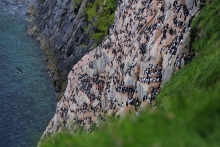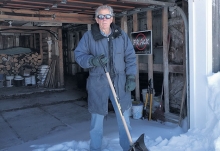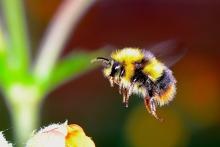OpEd by Tom Mulcair, former the leader of the New Democratic Party of Canada (2012-2017).
Fifty years ago, Canada became a major, credible player in the world of environmental protection with the creation of our first department of the environment by former prime minister Pierre Trudeau. That move was accompanied by a progressive vision that was critical of the unbridled growth which showed no regard to the consequences for life on our planet.










